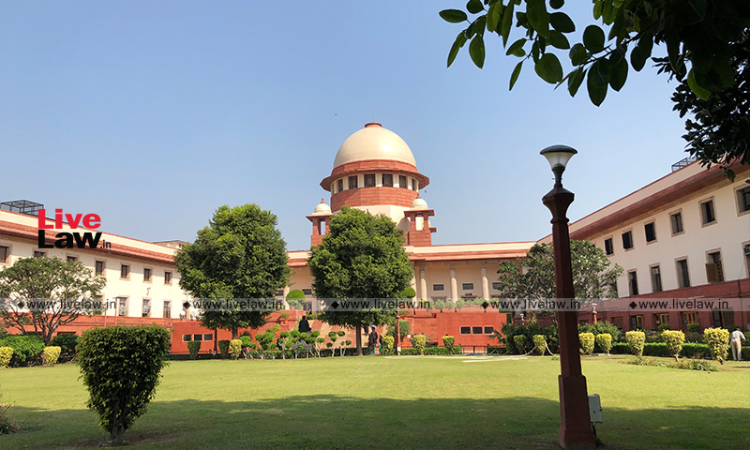Special Courts For MP/MLAs : Supreme Court To Examine If Cases Triable By Magistrate Can Be Committed To Sessions Court
Srishti Ojha
16 Nov 2021 10:04 AM IST

Next Story
16 Nov 2021 10:04 AM IST
The Supreme Court on Monday orally observed that when a statute states that the trial has to be before a Magistrate, Supreme Court court in exercise of its jurisdiction under Article 142 cannot then say that notwithstanding the statute, the jurisdiction will be exercised by Court of SessionsA Bench comprising CJI NV Ramana, Justice DY Chandrachud and Justice Surya Kant made the observation...
